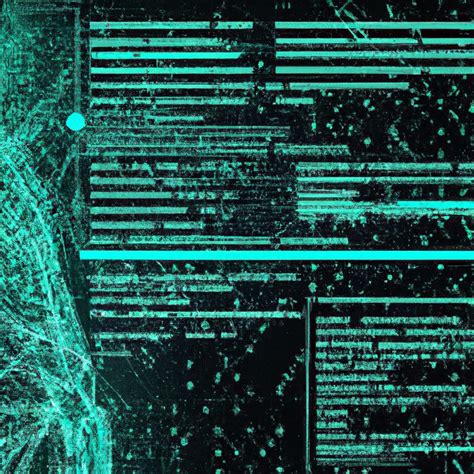The world of technology can seem daunting for those just starting out. With so many complex terms and innovative concepts, it's easy to feel overwhelmed. However, understanding the basics of technology is crucial in today's digital age. In this article, we'll explore five essential concepts that every tech beginner should know.
What is Technology?

Before diving into the essential concepts, it's essential to understand what technology is. Technology refers to the application of scientific knowledge for practical purposes, especially in industry. It involves the use of tools, machines, and methods to solve problems, improve efficiency, and enhance our lives.
1. Cloud Computing

Cloud computing is a model of delivering computing services over the internet. Instead of storing and processing data on personal devices, cloud computing allows users to access and manage data remotely through a network of servers. This concept has revolutionized the way we work, communicate, and store data.
Cloud computing offers several benefits, including:
- Increased flexibility and scalability
- Reduced costs and improved efficiency
- Enhanced collaboration and productivity
- Improved data security and backup
Some popular cloud computing services include Google Drive, Dropbox, and Microsoft Azure.
Types of Cloud Computing
There are three primary types of cloud computing:
- Public Cloud: A public cloud is a cloud computing environment that is open to the general public. Examples include Amazon Web Services (AWS) and Microsoft Azure.
- Private Cloud: A private cloud is a cloud computing environment that is reserved for a single organization. It provides a high level of security and control.
- Hybrid Cloud: A hybrid cloud combines elements of public and private clouds, allowing organizations to take advantage of the benefits of both.
2. Cybersecurity

Cybersecurity is the practice of protecting digital information, networks, and devices from unauthorized access, use, disclosure, disruption, modification, or destruction. This concept is crucial in today's digital age, as cyber threats can have severe consequences.
Some common cybersecurity threats include:
- Malware: Malware is software designed to harm or exploit a computer system.
- Phishing: Phishing is a type of social engineering attack that involves tricking users into revealing sensitive information.
- Ransomware: Ransomware is a type of malware that demands payment in exchange for restoring access to data.
To stay safe online, it's essential to:
- Use strong passwords and enable two-factor authentication
- Keep software and operating systems up-to-date
- Use antivirus software and a firewall
- Avoid suspicious emails and links
3. Artificial Intelligence (AI)

Artificial intelligence (AI) refers to the development of computer systems that can perform tasks that typically require human intelligence, such as learning, problem-solving, and decision-making.
Some applications of AI include:
- Virtual assistants: Virtual assistants, such as Siri and Alexa, use AI to understand and respond to voice commands.
- Image recognition: AI-powered image recognition technology can identify objects, people, and patterns in images.
- Predictive analytics: AI-powered predictive analytics can analyze data to make predictions and forecasts.
4. Internet of Things (IoT)

The Internet of Things (IoT) refers to the network of physical devices, vehicles, home appliances, and other items that are embedded with sensors, software, and connectivity, allowing them to collect and exchange data.
Some examples of IoT devices include:
- Smart home devices: Smart home devices, such as thermostats and lights, can be controlled remotely and adjusted based on usage patterns.
- Wearables: Wearables, such as fitness trackers and smartwatches, can track health and fitness metrics.
- Industrial sensors: Industrial sensors can monitor and control industrial processes, improving efficiency and productivity.
5. Blockchain

Blockchain is a distributed digital ledger technology that allows multiple parties to record and verify transactions without the need for a central authority.
Some applications of blockchain include:
- Cryptocurrencies: Blockchain is the underlying technology behind cryptocurrencies, such as Bitcoin and Ethereum.
- Supply chain management: Blockchain can be used to track and verify the movement of goods throughout the supply chain.
- Smart contracts: Blockchain can be used to create and execute smart contracts, which are self-executing contracts with the terms of the agreement written directly into code.
Gallery of Essential Concepts






What is cloud computing?
+Cloud computing is a model of delivering computing services over the internet.
What is artificial intelligence?
+Artificial intelligence (AI) refers to the development of computer systems that can perform tasks that typically require human intelligence.
What is blockchain?
+Blockchain is a distributed digital ledger technology that allows multiple parties to record and verify transactions without the need for a central authority.
We hope this article has provided a solid foundation for understanding the essential concepts of technology. Whether you're a beginner or an experienced tech enthusiast, staying up-to-date with the latest developments and innovations is crucial in today's fast-paced digital world.
